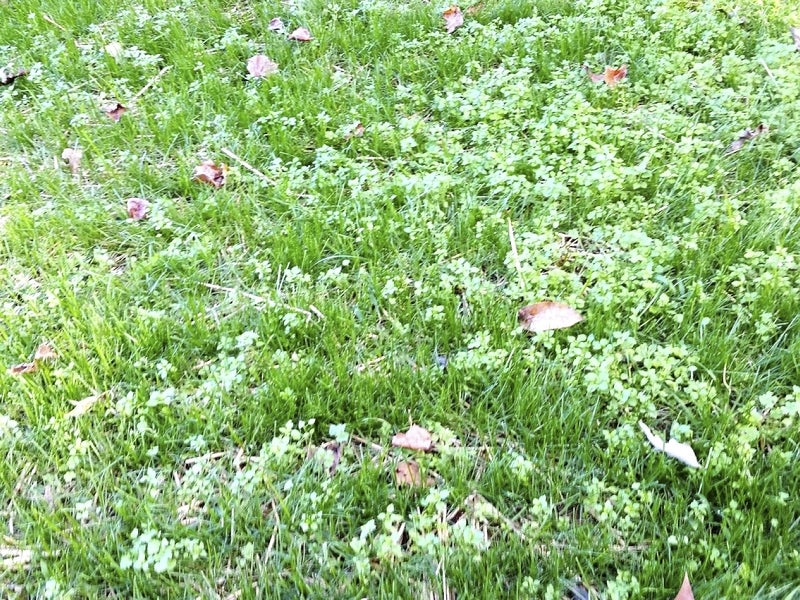Warm days, cool nights good for lawns and weeds
Published 12:00 am Friday, November 18, 2016

- Submitted photo The current weather conditions are ideal for grass, and for weeds like henbit and chickweed.
SALISBURY — The summerlike weather over the past couple of months has been especially beneficial for newly seeded fescue lawns in Rowan County. Warm days and cool nights provided the perfect condition for growth and development of cool season grass.
Unfortunately, these ideal conditions are also perfect growing conditions for the germination of broadleaf weeds, namely chickweed and henbit, which are the bane of homeowners trying to have a decent lawn throughout Rowan County.
Normally, homeowners battle these weeds early in the spring as the fescue begins to come to life, but with the unusually warm weather experienced this fall, these weeds have arisen with a vengeance in many yards, especially in areas that were tilled as part of the seeding process, along with ample fertilizer rates. It’s very important to control these broadleaf weeds now while the weeds are still in the seedling stage.
During late fall and winter, these weeds will germinate and develop ample roots. Most homeowners never see these newly emerging weeds at this point. In the early spring, established chickweed and henbit will overtake weak or thin fescue stands, often resulting in total failure of fescue establishment later in the spring and into the summer.
Spraying with broad-leafed herbicides at this point during the growing season is the key to control of chickweed and henbit. Small, developing seedling weeds are much easier to control now. As the weeds mature, they become resistant to herbicides and harder to control in March and April. As theses weeds grow and develop they are almost impossible to control, especially in the bloom stage.
Cool season turf herbicides containing a blend of 2,4-D, Banvel and MCPP are designed to eliminate these and other broadleaf weeds. These can be applied in a tank-mixed solution or with a hose-on applicator.
Hose-on applicators work well for small lawn areas and eliminate the need to mix pesticides. Tank- mixed solutions are best for larger areas and lawns with more intense weed coverage.
It is very important to apply these herbicides after the fescue is well established. Be sure and read the label, as some labels require that the grass be mowed at least three times after emergence. Other herbicide manufacturers suggest applications six weeks after the grass has emerged. Application on newly emerging tender lawns may stunt or even kill the seedlings.
Chickweed, henbit and other weeds are easier to control now, but it may take at least 2-3 applications 10 days apart for complete control. Be patient and reapply as needed to control these weeds.
Darrell Blackwelder is retired extension director with the North Carolina Cooperative Extension Service in Rowan County.




